Tiled floors are a great option for contemporary kitchens and bathrooms and are perfect to be fitted with an underfloor heating system. There are a wide variety of floor tiles available on the market and when deciding on which type to use in your home, we understand that a common query is which type will work best with underfloor heating: porcelain or ceramic tiles? In this guide, we’ll help answer that question. You’ll find out:
- The benefits of undertile heating
- How the thickness of floor tiles can impact UFH performance
- The key differences between ceramic and porcelain tiles
- What kind of tiling is preferable for wet rooms
- The best heating systems to use with tiled floor finishes
What makes tiled floors well suited for use with underfloor heating?
Underfloor heating takes the natural cold out of tiled floors, leading to a cosier, more comfortable room. Both ceramic and porcelain tiling make ideal floor finishes to use with an UFH system because both materials have a high level of thermal conductivity, which means that are great conductors of heat – allowing the warmth from the heating system to be quickly and efficiently dispersed into the room whilst retaining this warmth for longer.
What temperature can floor tiles be heated to?
Porcelain and ceramic tiles can be heated up to 29°C (84°F), an optimal comfort temperature for your home but something to remember is that the thickness of the chosen tile will have an impact on heat-up times – a thicker tile taking longer to be heated by a undertile heating system than a slimmer one. Looking for more information about the heat output and temperature limits of underfloor heating? Read our in-depth article to find out more.
What are the differences between ceramic and porcelain tiles?
Ceramic and porcelain tiles are closely related, both are composed of baked clay, strengthened by heat and glazed for a smooth, hard-wearing floor finish. However, there are some notable differences between the two.
1. Type of Clay
Ceramic tiles are made using darker clays whilst porcelain is made using whiter clays. The clay used in porcelain production is more refined than that used to make ceramic tiles and is often mixed with other minerals such as quartz, feldspar and sand to make a harder, stronger form. Porcelain tiles are also baked at a higher temperature than ceramics too.
2. Tile Finish
There are also key differences in how the finished designs of porcelain and ceramic tiles are applied. Whilst ceramic and porcelain tiles can feature any design and colour, the design on a porcelain tile typically seeps through the entire tile whereas the design on a ceramic is merely applied to the surface.
3. Certifications
Porcelain tiles must also be certified by industry groups to qualify as true ‘Porcelain’. The PTCA (Porcelain Tile Certification Agency) evaluates porcelain tiles based on their water absorption rates
It’s also worth noting that this increased desirability of porcelain can also significantly impact on the costs of the tiles – with ceramic always being cheaper than porcelain. See our quick comparison guide to easily understand the differences between porcelain and ceramic tiles:
| CERAMIC | PORCELAIN | |
| MOISTURE | Absorbs more moisture | Absorbs less moisture |
| HARDNESS | Softer | Harder |
| COST | Cheaper | More expensive |
| USAGE | Only for use indoors | Can be used both outdoors and indoors |
| CUTTING | Easier to cut | Harder to cut |
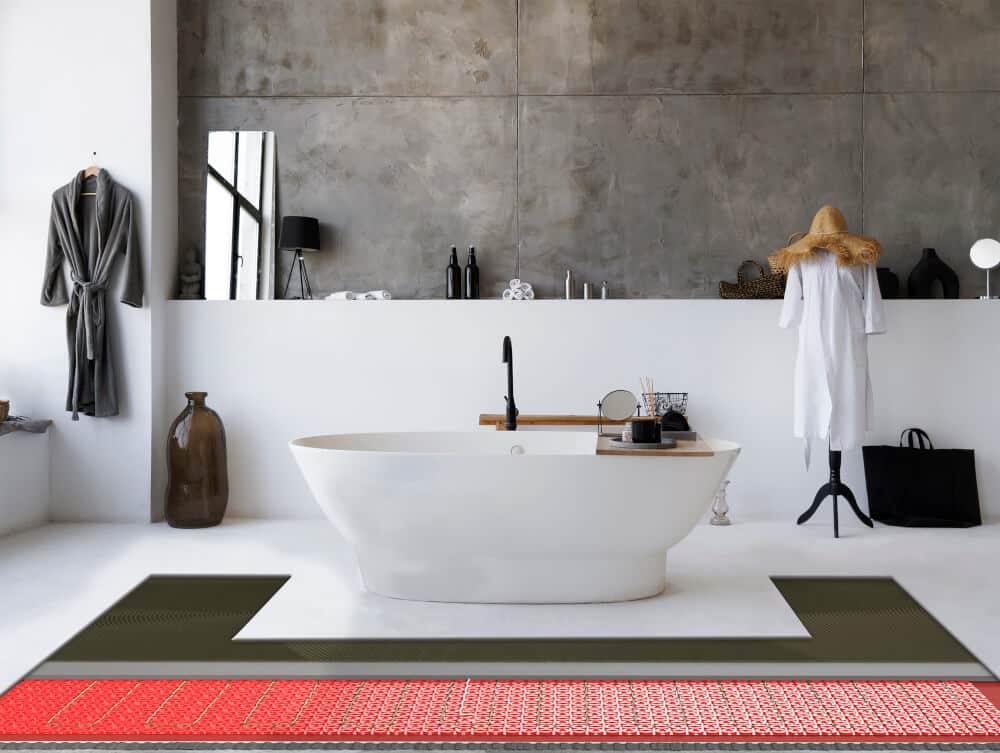
Are porcelain or ceramic tiles better for bathrooms?
Bathrooms are one of the most popular rooms in the home to heat with an underfloor heating system and stone and tiled floor finishes are frequently used in these rooms because of their water-resistant qualities. However, as they are made of natural materials, both ceramic and porcelain tiles are to some degree porous but a good quality tile will not absorb noticeable amounts of water and should be very safe to use in your bathroom. To guarantee water resistance, always remember to use impervious silicone sealant and other waterproofing agents when installing a UFH system with tiled floors in a wet room.
Do porcelain tiles absorb water?
Porcelain is more impervious to water absorption than ceramic, so porcelain tiles are a better choice to use with an underfloor heating system in bathrooms and kitchens. As part of PTCA guidelines, for porcelain to receive an approval rating it must pass the “Standard Test Method for Water Absorption” as outlined in the ‘ASTM C373’ test. In this, a tile is weighed and then submerged in water for 24 hours before being weighed again. If the tile weighs less 0.5% more than it before it entered the water, it can be considered ‘Porcelain’.
This resistance to water absorption also makes porcelain a much more suitable choice for outdoor applications, as rainwater will not soak into the tile too much. Warmup also offer a range of outdoor heating solutions that can be installed with exterior porcelain tiles.
Which undertile heating system should I use with my flooring?
If you’re retrofitting underfloor heating with new or existing floor tiles, then Warmup’s range of electric underfloor heating systems are a great idea. These systems offer quick installation times, meaning you could enjoy heated porcelain and ceramic tiles in a matter of hours.
The DCM-PRO Heated Decoupling System is the best electric heater to use with ceramic and porcelain floors. Due to lateral subfloor movements caused by seasonal temperature changes, both porcelain and ceramic floor tiles can potentially split and crack, but the DCM-PRO’s innovative anti-fracture decoupling mat with self-healing layer expands and contracts with this movement, preventing cracks from forming on your tiled floor finish. And using the DCM-PRO System with its accompanying Waterproofing Kit is an ideal solution when installing it in a wet room as it prevents water from the shower or bath seeping through the tiling onto the system below.
Can I heat my bathroom’s wall tiles too?
Yes, you can. Used in conjunction with a Warmup floor heating solution, the StickyMat 3D System is ideal for creating a 360 ͦ sense of warmth in your bathroom. It has been developed by our in-house team of engineers and is recommended for installation with ceramic, stone or porcelain wall tiles. It features a self-adhesive backing that is easy to attach to the wall by a qualified engineer and is available in 200 W/m² mats – ensuring the quickest heating response time for your room.
Can I use a water floor heating system with a tiled floor finish?
If you’re building your home from the ground up, a Warmup water underfloor heating system offers great versatility for rooms with tiled floors whilst providing significant energy-savings and cost-savings too.
You can find the best heating system to install with ceramic and porcelain floor tiles by using our simple online quoting tool. Simply enter a few details about your project and we’ll show you the best system for your needs and tell you exactly how much it will cost to buy. Our range of water systems can be purchased online and sent directly to your home.
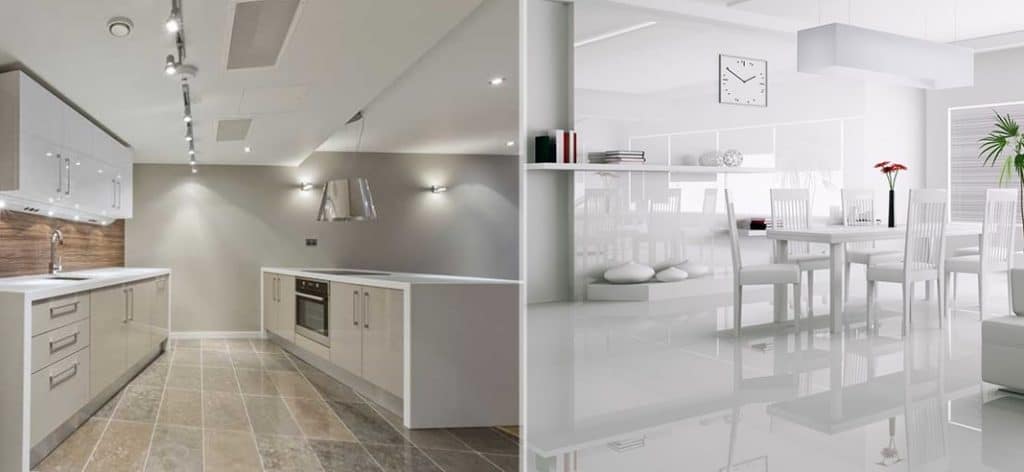
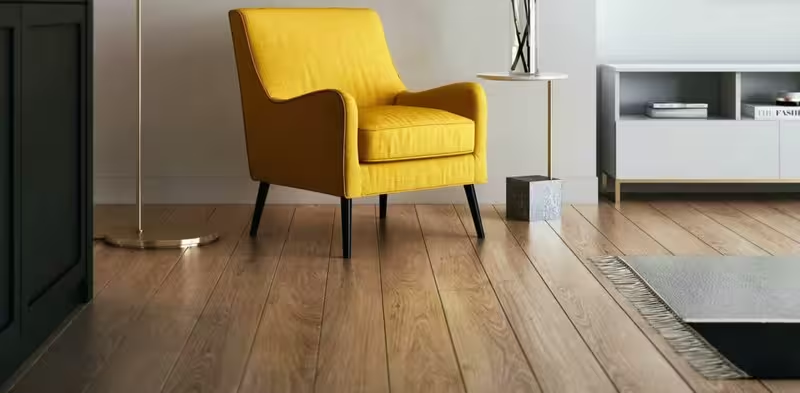
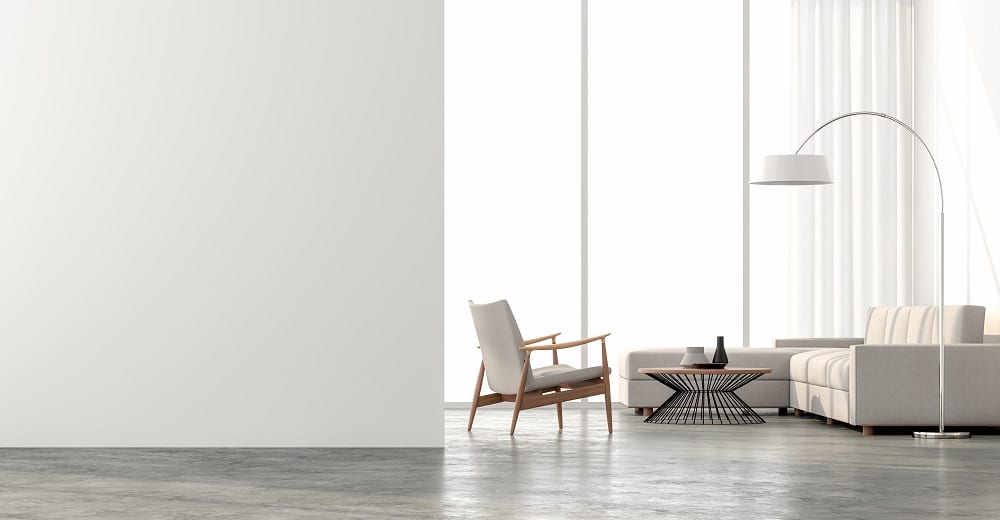
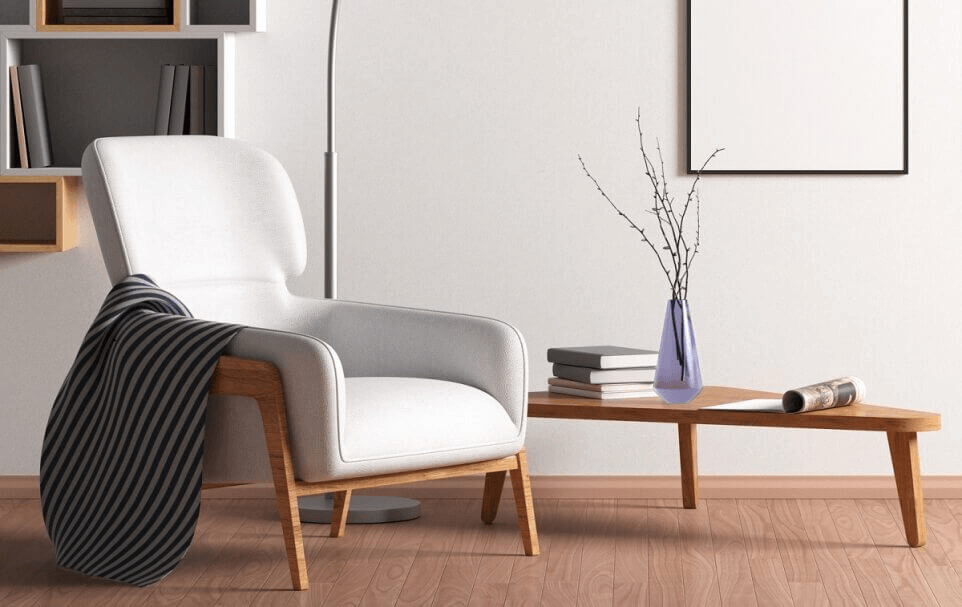
![Thumbnail [200x250]](/wp-content/uploads/Electric-Category-Page-Image.jpg)
![Thumbnail [200x250]](/wp-content/uploads/Hydronic-Category-Page-Image-1.jpg)
![Thumbnail [200x250]](/wp-content/uploads/6iE-Projects.jpg)